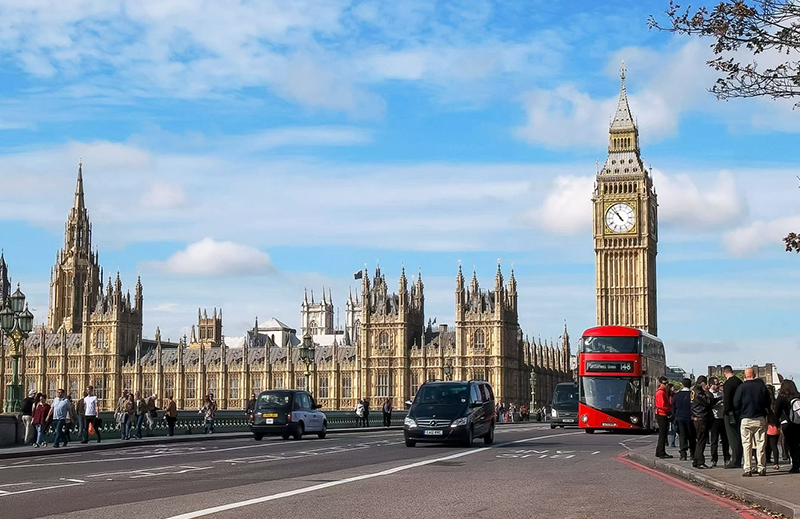There are no official plans announced by the Labour Party in the United Kingdom to implement a social credit scoring system akin to the controversial model employed in China. However, the potential for such a system to be introduced under a Labour-led government is a topic that generates significant discussion and speculation.
Social credit systems, exemplified by China’s model, involve the monitoring of citizens’ behaviours, interactions, and financial activities to assign a score that can influence access to services, loans, travel opportunities, and more. The idea of introducing a similar system in the UK or any democratic country often raises concerns about privacy infringement, government surveillance, and the potential erosion of individual freedoms.
It’s important to note that in democratic societies like the UK, the implementation of such a system faces substantial hurdles. Concepts of privacy, data protection, and individual liberties are fundamental tenets upheld by legal frameworks and public sentiment. Any attempt to introduce a social credit scoring system would likely encounter resistance from the public, civil rights advocates, and legislative bodies concerned with upholding democratic principles.
Could Labour introduce Social Credit Scores in the future?
While there have been no specific proposals from the Labour Party or any other major political entity regarding the implementation of a social credit system in the UK, political landscapes can evolve, and policies may change over time. Political parties often adapt their platforms in response to shifting societal needs and preferences, but implementing such a system would require transparent discussions, rigorous legislative processes, and potential public referendums or consultations to ensure democratic legitimacy.
The concerns surrounding social credit systems globally highlight the delicate balance between security, governance, and individual freedoms. Proponents argue that such systems could encourage positive behaviours and deter wrongdoing, while critics voice apprehensions about invasive surveillance, the potential for abuse of power, and the impact on personal liberties.
As the UK political landscape evolves and election cycles approach, it’s essential for citizens to remain informed about proposed policies and engage in discussions about fundamental rights, privacy, and government surveillance. Clear and transparent communication from political parties regarding their intentions regarding social credit scoring systems or any other potentially impactful policies is crucial for citizens to make informed decisions at the ballot box.
In conclusion, while concerns persist about the possible implementation of social credit scoring systems, especially in the context of political change, there have been no official plans announced by the Labour Party or any other major political entity to introduce such a system in the UK. As societal discussions continue around privacy, data usage, and government oversight, it remains imperative for citizens to stay informed and participate in discussions shaping the future of their country’s policies and democratic values.



